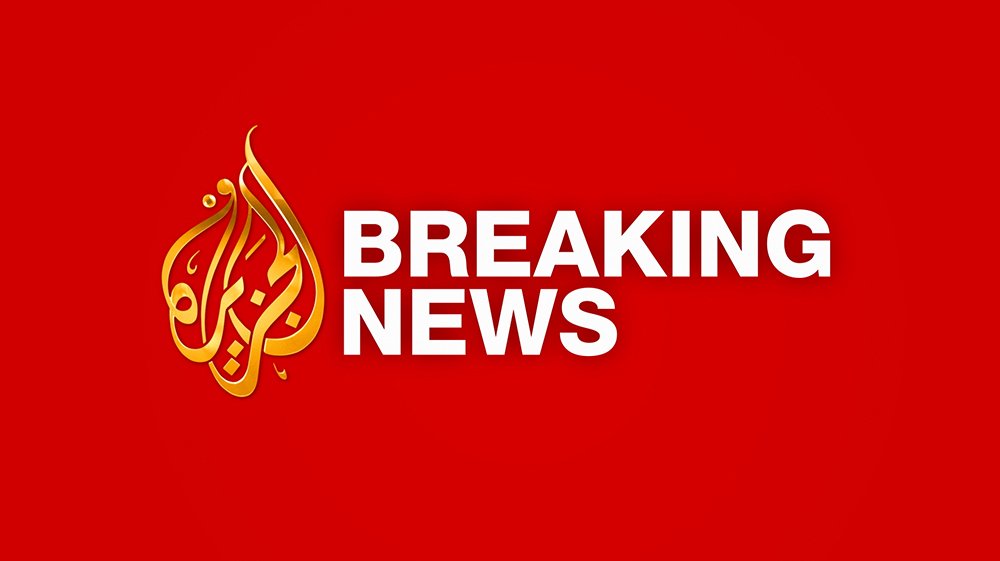On the morning of April 11th, Sudanese President Omar al-Bashir stepped down and consultations are under way to form a transitional council to control the country, Reuters reported citing anonymous government sources and a provincial minister.
The minister of production and economic resources in North Darfur, Adel Mahjoub Hussein, told the Dubai-based al-Hadath TV that “there are consultations to form a military council to take over power after President Bashir stepped down.”
In the early hours of the day, a state media said that the Sudanese army was to make “an important announcement.”“The Sudanese army will issue an important statement soon. Wait for it,” a television anchor said, without giving further details.
Protesters, who for the past 6 days have been taking part in a sit-in in front of the Army Headquarters in Khartoum began celebrating in the streets expecting the news that Bashir had stepped down.
Mumtaz News and Al Arabiya reported that in addition to these developments Khartoum Airport has been closed, the military has taken over national TV and Radio and arrested a number of top leaders.
Al Jazeera’s Hiba Morgan reporting from the Sudanese capital, Khartoum said there was a heavy security presence on the city’s main roads.
“There are a lot of military trucks around the capital and around the main streets of the city. Most roads have been blocked especially those leading to the army HQ. There are a few roads opened for the protesters who have been participating in the sit-in,” Morgan said.“People are extremely happy even before the army made any announcement. People are celebrating and pouring in to the sit-in area. Protesters are saying they are very confident that Bashir will resign,” Morgan added.
On April 9th there were clashes between soldiers attempting to protect the demonstrators and intelligence and security personnel trying to disperse them. At least 11 people died in the clashes, including six members of the armed forces, the information minister said citing a police report.
The demonstrators at the Defense Ministry had said that they wanted to submit a petition for the armed forces to take their side in their attempt to remove Bashir and his Islamist-backed administration. It turns out that this is precisely what is going on, without the requirement of a petition.
The group spearheading the nationwide demonstrations urged residents of the capital to mass outside army headquarters.
“We call on our people from across the Khartoum capital and the region around to immediately go to the sit-in area and not leave from there until our next statement is issued,” the Sudanese Professionals Association said.
The group also said they will not accept a military government to succeed President Bashir.
The official military report has not been delivered as of midday on April 11th, and it is unclear if there would really be a transitional government or the coup will result in a government controlled by the military top brass.
Mahjoob Zweiri, professor of Middle East history at Qatar University told Al Jazeera:
“During the past 10 days, it was obvious that there was a shift in the movement in Sudan. This shift started with the military changing its own course towards the demands of the people. Over the last 24 hours, the demands and the number of participants [in the protests] increased, putting pressure on the military institution as a whole and making the army feel the need to take action.”
Al Jazeera also cited Ahmed Soliman, a researcher at the Africa Programme at Chatham House who said that despite expecting that the announcement notifies of the end of Bashir’s 30-year-rule, there are also fears that that the movement may be co-opted by the security forces or internal factions within the armed forces.
“Bashir has spent the last 30 years working to insulate his regime and there is a deep web we’ve seen unravel over the past few months. He [Bashir] has created multiple security forces, militias and has an extremely powerful intelligence and security service which we’ve seen trying to infiltrate these mass protests. We will have a clearer indication of what will happen when the statement is made.”
In support of the protesters, prior to the army “teasing” their announcement, the US, the UK and Norway voiced their support and called for a credible plan for political transition.
“Failing to do so risks causing greater instability. The Sudanese leadership has a grave responsibility to avoid such an outcome,” the Troika statement said.It also called on Sudanese authorities to “to release all political detainees, stop the use of violence against peaceful protesters, remove all restrictions to freedoms, lift the state of emergency and allow for a credible political dialogue.”
The protests appear to be reaching somewhat of a conclusion (it is yet to be seen if acceptable or not) after they began on December 19th, after a hike in the price of bread. They then shifted to general dissatisfaction over the government under President Bashir.
Bashir, is wanted by the International Criminal Court on charges of war crimes and genocide, came to power in a 1989 coup.





Comments
Post a Comment